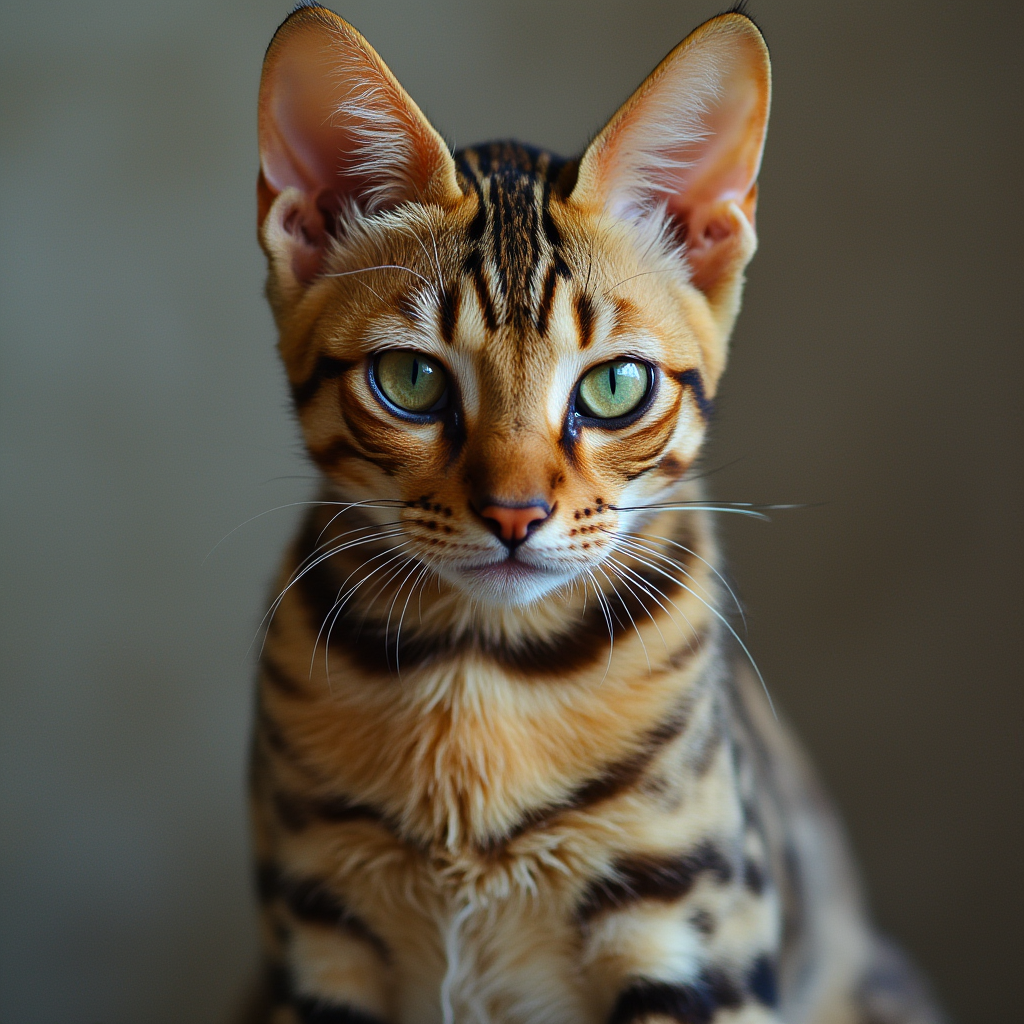

Exotic cats, with their striking appearances and distinct characteristics, have long captured the imagination of animal lovers. So, what exactly makes a cat exotic? Generally, these are breeds that are less common and have unique traits, setting them apart from your typical domestic shorthair. From the sleek, elegant Savannah to the playfully intelligent Bengal, exotic cats are a diverse group.
Each of these breeds has its roots steeped in unique histories. Take the Bengal, for instance, descended from Asian leopard cats, giving them their signature spotted fur. Or the Savannah, a blend of domestic cat and African serval. These fascinating backstories make owning an exotic cat a unique experience.
Before you dive headfirst into exotic cat ownership, there’s a bunch of factors to mull over, like legalities. Not all places agree that exotic cats should be in a living room rather than the wild. Regulations can vary widely, even from state to state. A quick check on local laws can save you a ton of headaches down the road.
Ethics also play a massive part in the decision to bring an exotic cat into your home. The debate rages on: should certain breeds be kept as pets, or are they better off in the wilderness where they truly belong? Understanding the ethical implications is a crucial step in deciding whether an exotic cat aligns with your values.
Understanding the Unique Care Needs of Exotic Cats
Caring for exotic cats involves getting the nitty-gritty details right. Unlike your average tabby, their dietary needs can be quite specific. Some exotic breeds require a special diet that’s heavy on proteins, mimicking what they’d naturally eat in the wild. Forget those generic kibble bags—it might mean investing in raw or specially formulated foods to ensure they get all the nutrients they need.
A stimulating environment is non-negotiable. Exotic cats are known for their high energy and intelligence, so it’s not just about toys scattered around. We’re talking climbing trees, interactive play sessions, and even puzzle feeders to keep them entertained and mentally sharp. Boredom? That’s a recipe for trouble and potentially destructive behavior.
Keeping an eye on their health is another facet of exotic cat care. From eye issues to joint problems, these cats can be prone to specific medical concerns. Regular vet checkups are crucial since any delays in identifying health problems can be costly and stressful, both for you and your feline buddy.
Preventative care isn’t just about vet visits. Knowing what common issues to watch for can make all the difference. Each breed has its own set of typical health risks, which means a bit of research can go a long way in preparing you for any future challenges.
Responsible Ownership: Preparing Your Home and Lifestyle
Getting your home ready for an exotic cat means creating a space that caters to their unique needs. Safety is key, and this goes beyond just trying to keep them from knocking things over. Exotic cats might have a penchant for exploration, so a secure environment that prevents escapades is a must. Platforms, scratch posts, and comfy hideaways help them feel more at home.
Budgeting can be eye-opening. Exotic cats aren’t exactly low-maintenance, which means planning for food, vet visits, toys, and surprise expenses. These costs can add up quickly, and being financially prepared ensures you can give them the best care possible without stress.
Time is another biggie. Exotic cats often require more time than other pets thanks to their active nature. Juggling playtime, training, and general care takes a lot of commitment. Their social and physical needs aren’t going to take care of themselves, so ensuring you’re ready for this lifestyle shift is step number one.
Lifestyle adjustments might be necessary to coexist happily with an exotic cat. If you’re used to a more hands-off pet experience, you may find their demands for attention and interaction take some getting used to. In the end, the bond you create and the satisfaction of meeting their needs makes the effort totally worth it.
Building a Sustainable Relationship with Your Exotic Cat
Training is a cornerstone for keeping the household peaceful. Exotic cats have quirky behaviors that might be tricky to manage without some guidance. Think of it like training marathon meets stealth mission. Consistency is king, whether it’s fine-tuning those litter box habits or discouraging the midnight zoomies.
The art of building trust can’t be rushed. An exotic cat’s nature means they might start out a bit wary. Socialization, patience, and understanding go a long way in winning them over. Treats, gentle interactions, and giving them space to approach you will build a solid bond over time.
Long-term care means planning for the years ahead. These cats aren’t just passing fancies, but long-term companions. As they age, their needs and behaviors can change, so being adaptable and ready to handle different life stages is crucial. Regular health check-ins and being attuned to changes in behavior or physical wellness is part of the journey.
Fostering a lifelong connection with an exotic cat challenges and rewards in equal measure. It takes commitment and effort, but the mutual trust and affection that develop turn the challenges into memorable highlights.